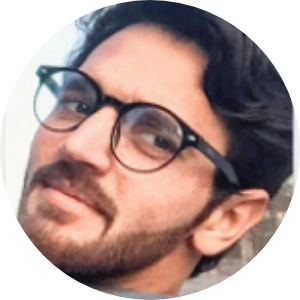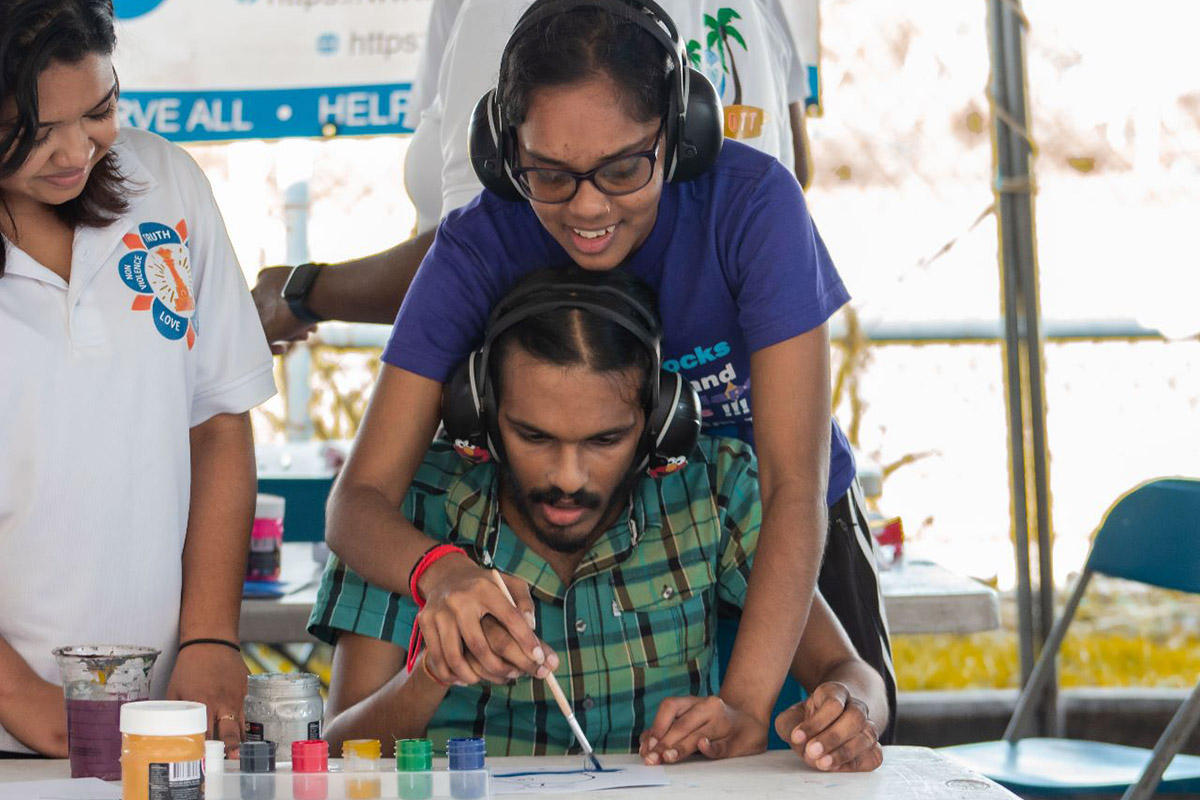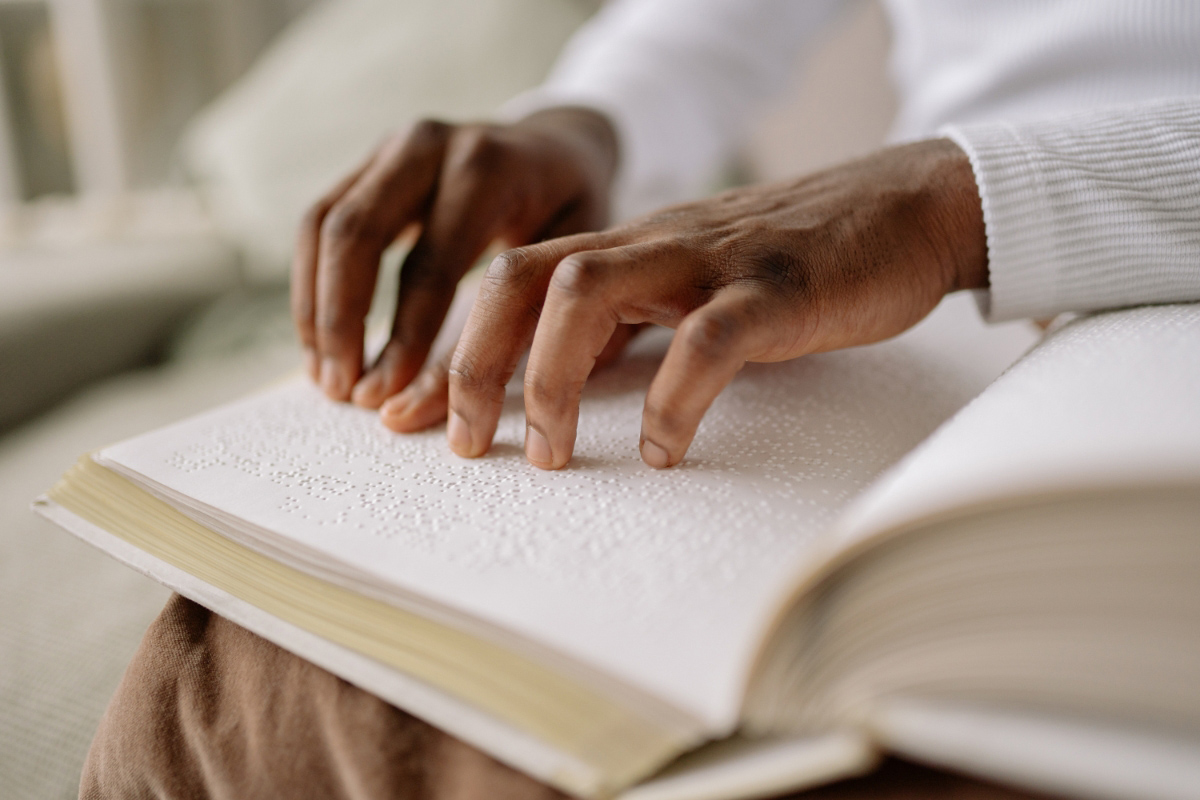From tragedy to triumph
September 19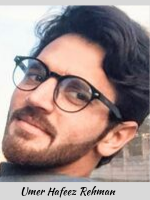
A teen amputee found hope in the most hopeless situation. That teen is now 27-year-old Commonwealth Correspondent Umer Hafeez Rehman, from Peshawar, Pakistan. Here, he shares his moving life story and the importance of looking for the silver lining behind every cloud.
What doesn’t kill you makes you stronger—so the saying goes. But try telling that to a young boy who has just lost a limb. On 8th October 2005, a catastrophic earthquake rocked Kashmir. It also affected Pakistan’s Khyber Pakhtunkhwa province, where I lived. More than 86,000 people are said to have lost their lives, and up to 75,000 were injured.
I was one of these 75,000. At the age of 13, I lost my right leg. This totally changed my life. I lost half of my family, friends, and schoolmates. After the earthquake, there was no life in my town, Balakot. The town was completely destroyed and had to be rebuilt by the government.
I had no idea what was next, because after this incident there seemed to be no hope for me. But after a few months, I got a medical sponsorship which brought a ray of hope into my life. I was informed that I was selected for a rehabilitation program by a Cuban medical mission. They offered me a visit to Cuba along with a group of other amputees to be fitted with a prosthetic leg, and I gladly accepted their offer.
“What comes to you does not matter, but how you deal with it.”
It was my first experience of travelling abroad. I received the best medical and rehabilitation services there and, with the love and dedication of Cuban doctors, I was able to walk without any difficulty.
After three months, I came back home and started to live a normal life, continued with my education and did the things other young people do. I started to enjoy my life even though in my society I was considered as having a disability.
In 2008, I had to have another prosthesis fitted. Fortunately, I got another sponsorship. Even though I traveled alone to Cuba, because of the welcoming environment, I didn’t feel alone. I got to experience so many things which I hadn’t even dreamed of while living in my country. I also observed the impact of love and care and got to understand the importance of humanitarian services. I learned that humanity goes beyond nationality or religion and, without it, any nation or religion is incomplete.
After the time I spent in Cuba, I came back home with a lot of precious gifts like self-confidence, optimism, a positive and constructive approach, and love for humanity. I decided I wanted to become a doctor so that I could pay forward what I had received from the Cuban people. I passed my high school with good grades and was excited to join college.
But another tragedy struck. The sudden death of my father made it impossible for me to go to college because of my family’s financial status. I was devastated about having to abandon my dreams.
In spite of this, I decided to keep hope alive. I moved to Peshawar in search of work to help my family. In my society, getting work is very difficult especially for a person with a disability. After a struggle, I got a job at a book outlet selling books in public places on a very small commission.
It was a very tough job—I had to deal with insults and negative comments which hurt me and affected my self-esteem. I was also concerned about my own personal safety and security. I was young and far from home and Peshawar, like any other city, has high crime rates.
I survived somehow. By then I had figured out that I felt most secure and was able to get the best results selling in front of schools. It was easy for me to deal with students.
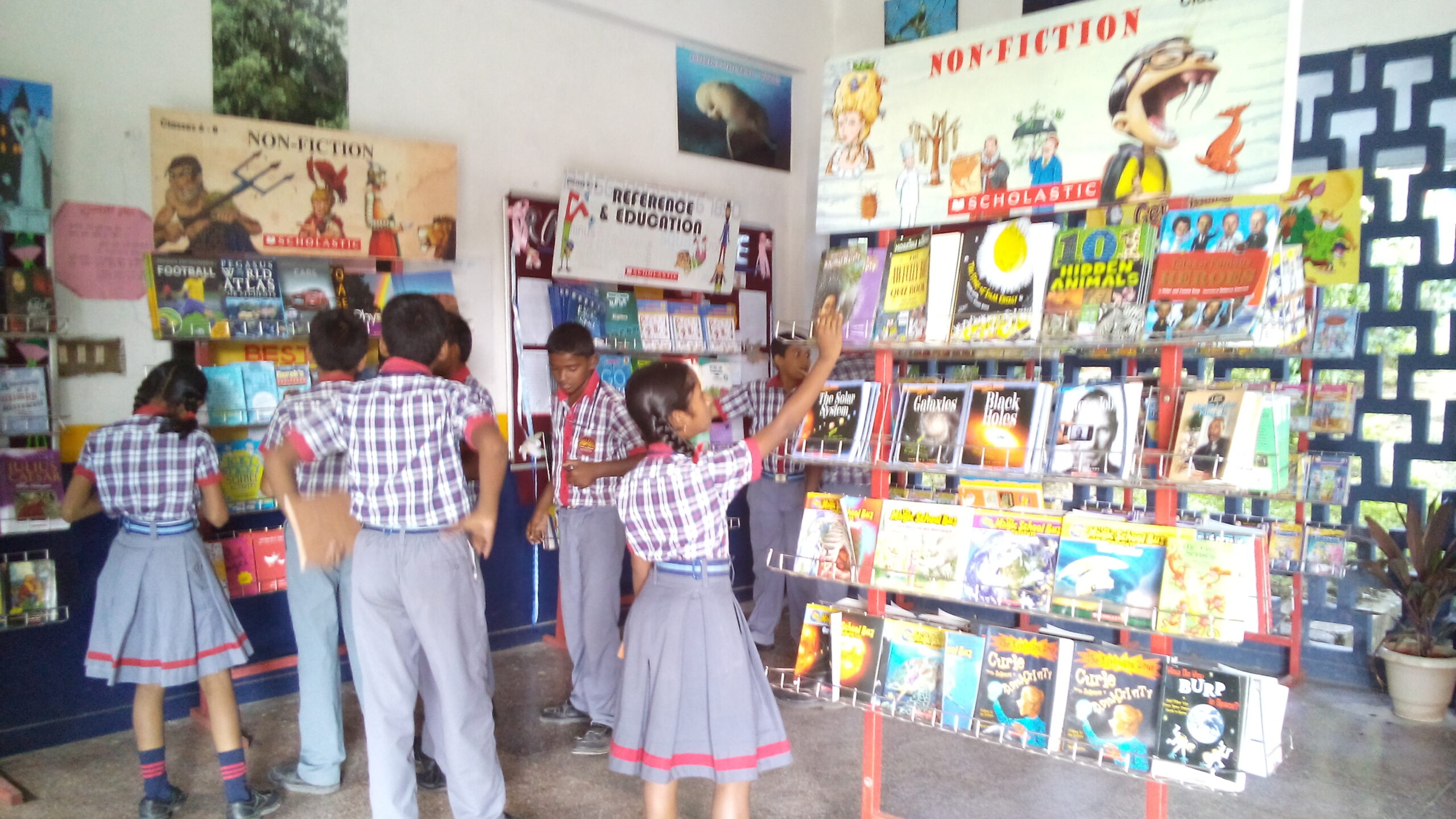
After a year, I got the idea of arranging book fairs for schools. I discussed this with many school administrators, but very few schools granted me permission. I decided to implement my idea nevertheless.
When I approached my boss for support, he was doubtful of my ability because of my physical condition. He asked me how I would move books, mount displays and deal with students. I tried to convince him to give me a chance by giving me books on credit, but he refused.
Unfortunately, I was not in a position to raise finance to buy them outright. But I didn’t give up. I visited another book merchant and discussed my plan with him. I offered my passport to him to keep as a security or guarantee that I would pay him back for the books. He accepted this offer and issued me the books.
I arranged my first book fair under the name “Horizon” and the result was better than expected. One after the other, I went from school to school. For the next two years, I did a one-man show.
Fast forward to 2019, Horizon has more than 300 book fairs on its books. We have successfully carried out projects with several government departments and have a network of organizers from different colleges and universities as ambassadors.
“ Being an amputee has brought me many blessings: self-acceptance, self-belief, compassion for others and a positive approach to life. ”
This provides young people with a platform to showcase their skills, and also provides opportunities to students who struggle to pay their fees. We have also donated books to libraries of schools in rural areas and give discounts on books.
Other social initiatives have grown out of this, such as Box of Happiness, which gives food to people struggling with drug addiction, and Wall of Kindness, a place where people drop extra clothes, shoes and jackets for the needy.
Currently, I am working on Kavish, a drug awareness campaign and will soon launch this. I am glad that I am able to manage financially from what I make from book fairs without any external financial support.
Losing a body part is one of the worst things any person can go through. After the loss of a limb, you go through various stages of grief and have to cope with different physical and social challenges. I had to learn to walk using a prosthetic leg. It was a new experience for me and I struggled to adjust.
Adjustment from any tragedy or misfortune you face in life is based on your personal attitude and support from friends and family. Self-esteem and confidence are the tools which helped me to tackle my new situation and gave me the will to live a positive lifestyle and to feel like a productive member of society once again.
One of the great Muslim poets Maulana Rumi once said: “What comes to you does not matter, but how you deal with it.” Being an amputee has brought me many blessings: self-acceptance, self-belief, compassion for others, an optimistic and positive approach, unconditional love for others, selflessness and the ability to appreciate life and live it to the full.
Photo Credit: Petra Nikkus (Flickr)
No copyright infringement intended.…………………………………………………………………………………………………………………..
About me: I work as an educational events organizer and campaigner under the name of Horizon. I organize school and college-based events, with a special interest in book fairs. …………………………………………………………………………………………………………………..
Opinions expressed in this article are those of the author and do not necessarily represent the views of the Commonwealth Youth Programme. Articles are published in a spirit of dialogue, respect and understanding. If you disagree, why not submit a response?
To learn more about becoming a Commonwealth Correspondent please visit: http://www.yourcommonwealth.org/submit-articles/…………………………………………………………………………………………………………………..

